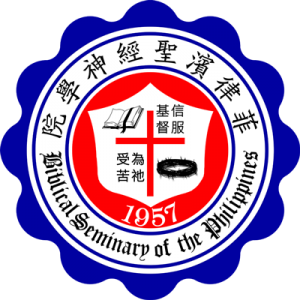Civilizational Imperatives : Americans, Moros, and the Colonial World / Oliver Charbonneau.
Series: The United States in the WorldPublication details: Quezon City: Ateneo De Manila University Press, c2021.Description: xvi, 282 pages 10 b&w halftones, 3 mapsContent type:- text
- unmediated
- volume
- 9786214481408
- 9786214481415
| Item type | Current library | Shelving location | Call number | Status | Date due | Barcode | |
|---|---|---|---|---|---|---|---|
 Books
Books
|
BSOP Library | Filipiniana | DS685 C37 2021 (Browse shelf(Opens below)) | Available | 00057902 |
Frontmatter -- Contents -- Figures -- Acknowledgments -- Note on Terminology and Transliteration -- Introduction: Other Frontiers -- 1. Imagining the Moro: Racial and Spatial Fantasies in Mindanao-Sulu -- 2. Courtrooms, Clinics, and Colonies: Remaking the Southern Philippines -- 3. Civilizational Imperatives: Building Colonial Classrooms -- 4. Corrective Violence: On Fear, Massacre, and Punishment -- 5. Tropical Idylls: Maintaining Colonial Spaces and Bodies -- 6. Moros in America: Visiting the Metropole in Fact and Fiction -- 7. Imperial Interactivities: Mindanao-Sulu in a Connected World -- Conclusion: Colonial Remains -- Notes -- Glossary -- Bibliography -- Index
In Civilizational Imperatives, Oliver Charbonneau reveals the little-known history of the United States' colonization of the Philippines' Muslim South in the early twentieth century. Often referred to as Moroland, the Sulu Archipelago and island of Mindanao were sites of intense US engagement and laboratories of colonial modernity during an age of global imperialism.Exploring the complex relationship between colonizer and colonized from the late nineteenth century until the eve of the Second World War, Charbonneau argues that American power in the Islamic Philippines rested upon a transformative vision of colonial rule. Civilization, protection, and instruction became watchwords for US military officers and civilian administrators, who enacted fantasies of racial reform among the diverse societies of the region. Violence saturated their efforts to remake indigenous politics and culture, embedding itself into governance strategies used across four decades. Although taking place on the edges of the Philippine colonial state, this fraught civilizing mission did not occur in isolation. It shared structural and ideological connections to US settler conquest in North America, and also borrowed liberally from European and Islamic empires. These circuits of cultural, political, and institutional exchange--accessed by colonial and anticolonial actors alike--gave empire in the Southern Philippines its hybrid character.Civilizational Imperatives is a story of colonization and connection, reaching across nations and empires in its examination of a Southeast Asian space under US sovereignty. It presents an innovative new portrait of the American empire's global dimensions and the many ways they shaped the colonial encounter in the Southern Philippines.
In English.
De Gruyter Books Complete : Purchased through the consortial partnership with The University of Texas System using Academic Library Collection Enhancement Program (ALCEP) funds allocated by the UT System Board of Regents for one-time collection purchases, 2022 September.


